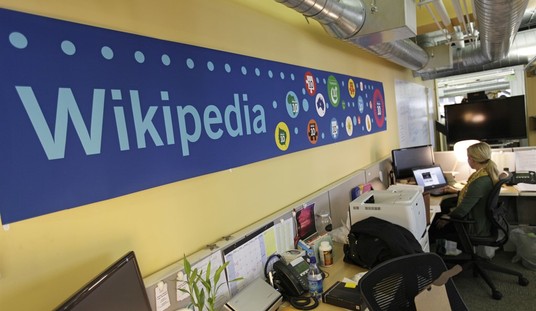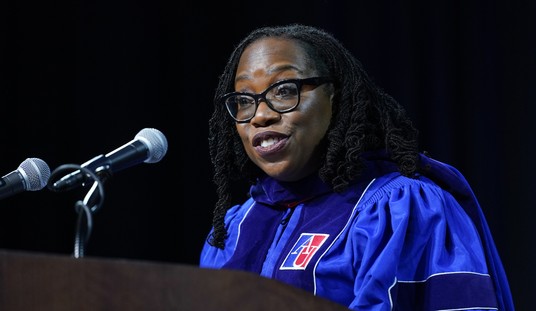Eight years after she fled Italy, Amanda Knox returned today of her own volition. She is there to give a speech titled “Trial by Media” about her case. From CNN:
Amanda Knox has set foot in Italy for the first time since being released from prison in 2011, following her acquittal over the murder of British student Meredith Kercher.
Knox is in the country as a guest speaker for a panel session — titled “Trial by Media” — at the Criminal Justice Festival in Modena, northern Italy, on Saturday. The event is organized by non-profit legal group, the Italy Innocence Project…
Knox and her fiance Christopher Robinson are apparently traveling together. She has not given any interviews prior to her return to Italy but she did publish her thoughts (co-written by Robinson) on Medium yesterday:
I’m about to return to Italy for the first time since I was released from prison and fled the country in a high-speed chase, paparazzi literally ramming the back of my stepdad’s rental car. I’m doing so because I’ve been invited by the Italy Innocence Project to speak about wrongful convictions and trial by media. And as this homecoming looms (or is it a “deployment” or “madness” — no word seems to fit), a different sort of surreal moment is at the forefront of my mind.
In September 2016, Netflix released a documentary about my case. I had agreed to participate in this film, directed by Rod Blackhurst and Brian McGinn, after I had been reconvicted in absentia. I thought it might be my only chance to give my side of the story. And so I entrusted my life, my truth, to these filmmakers. Many friends and confidants urged me not to. But I thought Brian and Rod made a moving and honest documentary, a film that gave every person involved, even my prosecutor, the space to display their humanity. I had high hopes for the film’s debut. I hoped people would like it, that they would learn something about the dangers of unscrupulous media, that they might finally see at least a glimpse of the real me.
And then, of course, Netflix chose to advertise Amanda Knox with twin massive billboards in L.A. and New York: my face and the words “monster” on one and “victim” on the other. They were playing the “did she or didn’t she game” that I was already so, so tired of. I remember standing in Times Square underneath those giant photos of my face, pedestrians passing by me, none the wiser. That was bizarre, and it was bizarre in a way that forced me to reckon with what it meant for my life to be other people’s content…
While on trial for a murder I didn’t commit, my prosecutor painted me as a sex-crazed femme fatale, and the media profited for years by sensationalizing an already sensational and utterly unjustified story. It’s on us to stop making and stop consuming such irresponsible media…
Media can be compassionate. It can be brave. It can treat its subjects like the human beings they are. It can acknowledge, up front, the difficulty of capturing a complex human being in 800 words. Do I really think our media can shift en masse in this direction? No, not really. But if some outlets change, even a little, that’s progress.
I’ve been writing about this for a long time. Amanda Knox is an example of what happens when the media (or social media) convinces a large mass of people that someone is guilty and deserves to be punished for crimes real or imagined. A primitive impulse takes over leading otherwise ordinary people to take pleasure in punishing the designated evil-doer. It’s called altruistic punishment and Knox has been hounded by it for years because the people convinced they are doing good by hounding people in public often don’t stop. Most of us can look at what happened to Knox and see a clear miscarriage of justice. But the true believers only see a conniving woman trying to get away with murder. And so they feel justified in saying the worst things they can imagine to punish her.
There may have been a time when this impulse was in some ways beneficial to a small group of people who couldn’t afford to carry the dead weight of anyone coasting on the effort of others. Altruistic punishment might have acted as a spur to get people in line and remind them that people could see whether they were doing their part or not. But that same impulse becomes a monster when the media allows 10 million people (or more) to decide to weigh in on a murder case they know nothing about because the alleged murderer is a little too pretty. That’s what happened to Amanda Knox (and a lot of other people since then).
I guess what I’m trying to say is that while I support Knox returning to Italy and letting the media there (and here) have it, I think the real source of the problem isn’t media or even social media, it’s human nature. Maybe she’ll talk about that too. I hope so because it’s an important topic in today’s world. Finally, I’ll once again recommend this brief, free book by one of my favorite authors. It’s definitely worth a read.








Join the conversation as a VIP Member